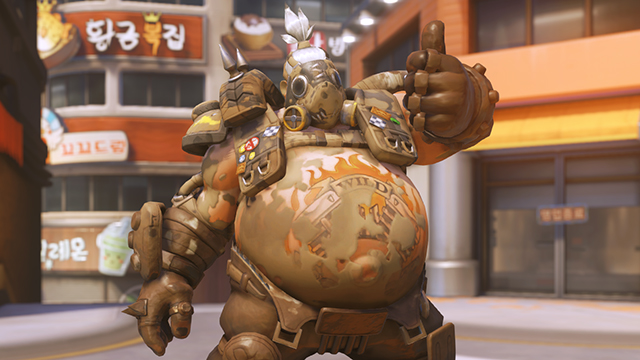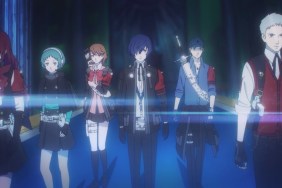From the outside, Overwatch is an upbeat game. Its diversity and colorful art style breed a more welcoming atmosphere that seems court people that tend to avoid online shooters. Although it’s still an online community, meaning that toxic scumbags are sure to follow despite the art direction and charismatic cast. Blizzard knows this and has implemented positive reinforcement systems to not tamper negative behavior, but to encourage friendly interactions. And given the data, it seems to have done an impressive job squashing bad seeds and letting good players prosper.
Natasha Miller, a research scientist at the player behavior insights team at Blizzard that spoke on this topic at GDC, worked with the team to hold up the developer’s core values of “play nice, play fair.” But more accurately, her team wanted to minimize “the prevalence and impact of disruptive player behaviors through accurate detection, more effective penalization, and incentivizing pro-social behavior through data-informed feature design.” She’s part of a bigger group inside Blizzard called the Global Insights, the “analytic arm of Blizzard” that helps the teams gather qualitative and quantitative data and “objective research.”
Miller found that less than a percent of all Overwatch players were consistently disruptive, meaning that they had more than two penalties. This incredibly small crowd of people showed that Blizzard’s penalty system was working as many were not repeat offenders. It makes sense, given how Miller stated that accurately serving penalties was a primary focus for the team at first.
Most teams might stop at this, as the reporting systems seemed to have been working well and only a tiny fraction of a percent of players were being consistent jerks. But Blizzard wanted to explore this further. The studio found that enough players were still getting at least one penalty, which still wasn’t good enough; it wanted to tackle those penalties before they even happened. This mindset led to an effort to try and prevent bad actions.
Identifying Overwatch‘s three areas of conflict
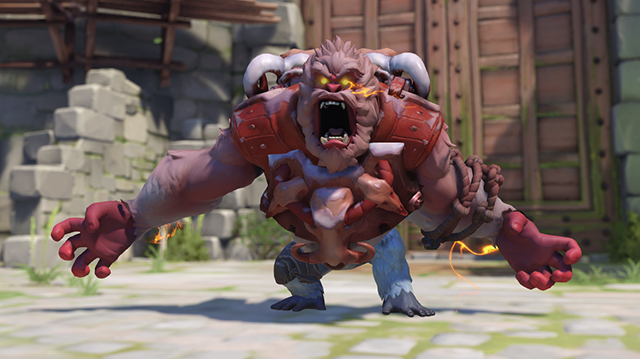
More research gave them three key areas that Miller and her team needed to address: lack of social consequences, frustration over different play motivations, and frustration of different play styles. Thus begins the genesis of the Endorsements and Looking for Group systems.
“Lack of social consequences” is something we often see in the real world but not online. Miller gave the example of a standout employee getting promoted and a lackluster one getting fired or demoted. By doing well, you are rewarded and everyone in that community can see that and the inverse is true. Online communities don’t have that same structure and this led Blizzard to seek a way for the players to have their own set of rewards when players were acting positively.
“Difference over play motivations” is a bit less obtuse. Some want to play competitively and some prioritize fun. She gave the example of two Diamond-rank groups: one who wanted to play more casually and one who wanted to rise up in the ranks and make it to the Overwatch League. They’ll be put in the same bucket since they have the same rank and skill level but not the same motivations. This clash can cause toxic conflicts.
This leads to “frustration over different play styles.” Hardcore players may want to stick to established metas while the more chilled out group may want to mix and match. Again, these differences in the same rank can cause friction that Blizzard wants to avoid.
Experience positivity
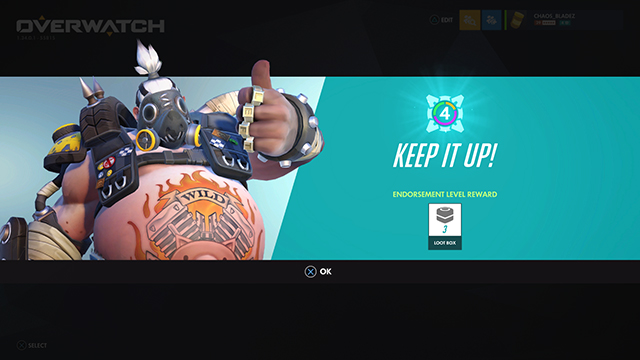
Endorsements were made to address the lack of social consequences. Players can give Endorsements like shot caller, good teammate, and sportsmanship to their teammates and that last one to members of the enemy team. Rewards like this, according to Miller, incentivize consistent positive play and has consequences for bad behavior. Since it decays at an undisclosed rate, players are encouraged to continue being positive to keep up that number that is so prominently displayed on their portrait and profile.
This stops players from receiving the recognition that everyone can see and especially people who leave matches early. It’s a form of loss aversion that also creates a path for redemption since anyone can climb back up if they slip. Blizzard also found studies that showed that peer recognition makes someone’s day better, hence the Endorsement system. These are intrinsic rewards that make you feel good.
Extrinsic rewards are something tangible that you get, which was also important. At random times, positive players get one or two loot boxes. However, Blizzard wanted to make sure players were being nice more for the intrinsic rewards rather than the extrinsic.
The Looking for Group system addressed the other two complaints and is a bit more self-explanatory. It allowed like-minded players to find each other more easily in order to get people paired into the appropriate groups. Filters were a big part of this feature’s success especially since it allowed players to filter through Endorsements levels, effectively avoiding those prone to angry outbursts. Miller said this filter was a requested feature and the team was hopeful because of a study from the 2010 Olympics showed positivity within communities was infectious. With this logic, these players would band together, become more positive, and that would spread to other enemy teams.
A decline in toxicity
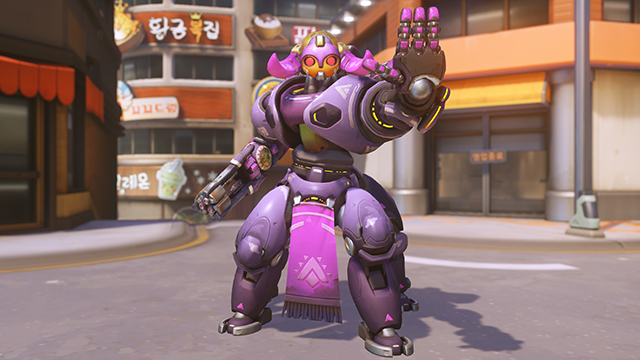
However, all of these features wouldn’t mean much if they did not work. Thankfully, given the few ways Blizzard tracks data, they did have an impact. Overwatch saw matches with disruptive people drop by 40 percent and 130 percent increase in reported disruptive behaviors, meaning that people were more likely to point out toxic players. While it may seem counterintuitive to have more reports skyrocket and bad matches plummet, Miller explained that it was based on trust and that players were more proactive in seeing something and saying something.
Surveys showed that users did like the Endorsement system, saying it was “nice” and indicating that they like the support they were able to show for others. Players were even saying that they trusted the reporting system 126 percent more after these systems were implemented than before. Trust is one of the key aspects Blizzard is seeking since it allows customers to feel more comfortable knowing that they could have faith in their teammates.
Around 50 to 70 percent of people use Endorsements and Blizzard sees this as a success especially considering the words from the press, players, and posts on social media. But that doesn’t mean Blizzard is staying where it is at. Miller stated that the company is continuing to look at ways to further improve these systems and find ways to mitigate other abusive behavior beyond the reach of these systems. While she wouldn’t disclose more details, it does show that progress in tempering toxicity is possible particularly if you make features to tackle it before it happens. Despite its impressive strides, the game still isn’t quite a complete utopia of politeness but if there’s any game to champion positivity and aim for unity, it’s Overwatch.
